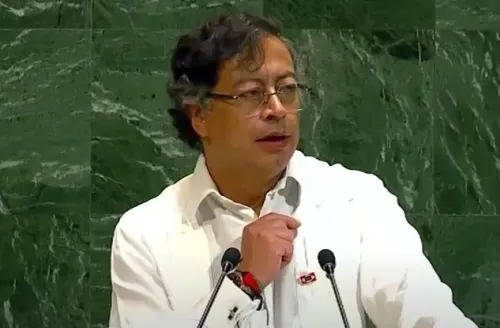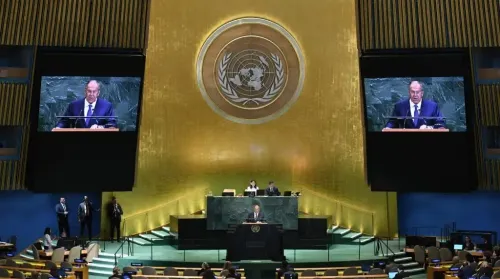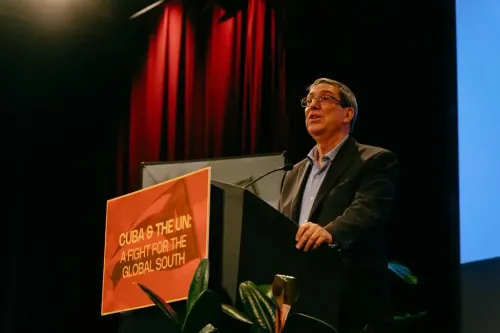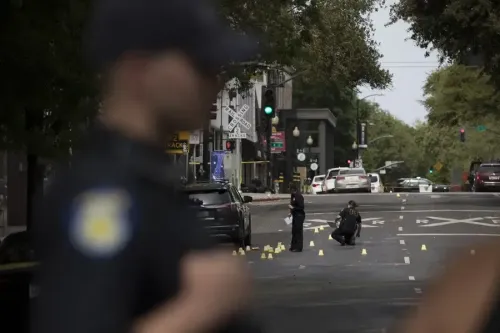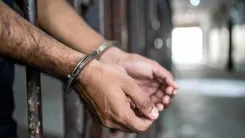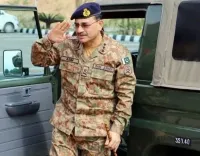Is the US the Main Barrier to Reviving the Nuclear Deal?
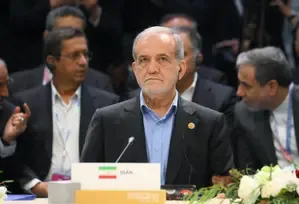
Synopsis
Key Takeaways
- The US is viewed as the main obstacle to reviving the 2015 nuclear deal.
- UN sanctions lifted under the deal are set to be reinstated.
- Iran has expressed readiness to cooperate with the IAEA.
- European nations triggered the snapback mechanism last month.
- The JCPOA has faced significant strain since the US withdrawal in 2018.
Tehran, Sep 28 (NationPress) Iranian President Masoud Pezeshkian has asserted that the United States is the primary barrier to reinstating the 2015 nuclear agreement, as the UN sanctions that were lifted under the accord are scheduled to be reinstated later today.
Addressing the media at Tehran airport following his return from the UN General Assembly in New York, Pezeshkian stated that France, Britain, and Germany—the nations that initiated the snapback mechanism—were informed of Iran's willingness to engage with the International Atomic Energy Agency during his stay in New York, according to Xinhua.
"The United States consistently seeks to obstruct the formation of a deal by introducing new excuses," he remarked. "The truth is that the United States is unable to accept a powerful Iran and aims to undermine our nation."
Last month, the trio of European nations invoked the snapback clause of the Joint Comprehensive Plan of Action (JCPOA), reinstating UN sanctions that had been removed in return for restrictions on Iran's nuclear activities.
Before these measures took effect, Iran summoned its ambassadors from the three capitals. Foreign Minister Abbas Araghchi condemned the snapback on Saturday, labeling it as "unlawful, invalid, and without merit," attributing the turmoil to "US betrayal and Europe's inaction."
"The US has betrayed diplomacy. The Europeans have buried it," he stated.
The JCPOA, which was signed in 2015 by Iran and six global powers, has faced significant challenges since Washington's withdrawal in 2018, leading Tehran to progressively withdraw its adherence.

